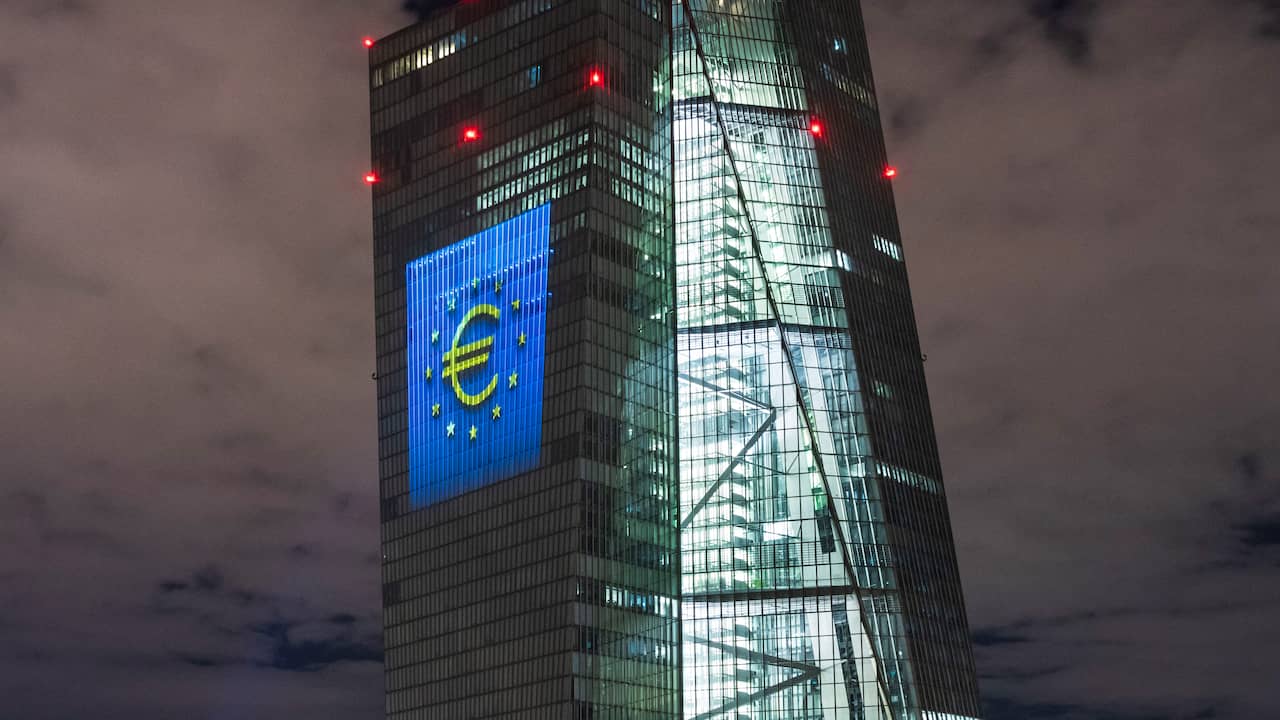Climate change could push up global inflation over the next ten years, for example because food prices will rise faster. This is stated by the European Central Bank (ECB) on the basis of new research. According to the study, it could be an annual increase of more than 1 percentage point.
“Climate change poses a risk to price stability by having an upward impact on inflation,” the researchers said. “World incomes are coming under pressure from rising prices and that could affect inflation expectations, forcing central banks to respond with monetary policy.”
Annual food inflation could increase by up to 3.2 percentage points per year. Food prices could rise faster in the south of the world in particular, because that is where the impact of climate change is greatest. But the higher food prices will also be felt in the European Union. And there may be greater price differences within the region, for example due to extreme heat in the south of Europe and cooler weather in the north.
Inflation due to seasonal influences
Inflation may also become more sensitive to seasonal influences due to climate change. For example, if Europe suffers from a very dry and hot summer. “Such additional price shocks, occurring at unpredictable intervals but with increasing intensity, would pose additional challenges to monetary policy,” the study said.
Analysts at the British bank Barclays have already said that the energy transition could also have a driving effect on inflation. For example, higher costs are associated with sustainable energy projects, which in turn leads to more expensive electricity prices.
2023-05-27 10:58:54
#Research #ECB #Climate #change #boost #inflation #Economy

